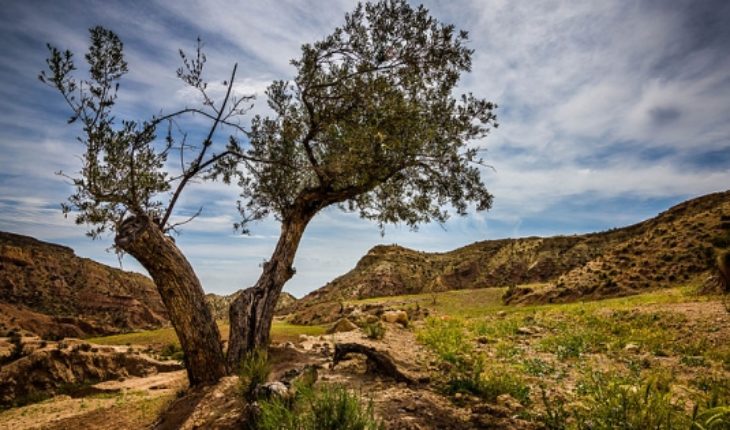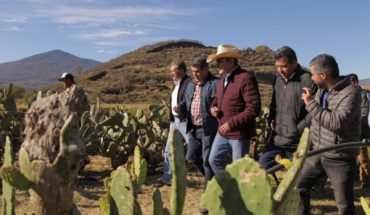Ecosystems host the life support of the Earth, we depend on them, for the air we breathe, the food we eat and the water we drink. Wetlands filter pollutants from water, plants and trees reduce global warming by absorbing carbon, microorganisms break down organic matter and fertilize soil, to provide food. Without it we wouldn’t be able to survive.
The importance of our natural world is seen in the thousands of different ways Earth’s organisms interact with each other, to contribute to the balance of the global ecosystem and the survival of the planet. There is not a single way of life that can live in isolation, not even the human being with all its advancement.
Many authoritative voices indicate that we have pushed the planet into an area of intense vulnerability, to the point of predicting significant changes in life forms in large areas of the planet by effects of the climate crisis. We can’t just think about the consequences, we have to think about the way forward.
One of these pathways is the conservation of large vegetatational masses, forests and parks, urban or not, that allow to use their powerful natural carbon capture technology to combat deforestation, reduce soil degradation and manage Temperature.
It is also vital to promote natural and harmonious solutions with the environment, using the technological ones that are less invasive and suitable for each of the problems identified and looking at nature as an indivisible system. We have examples of technological misuse: for example, our parents bought in detail, i.e. the portion of oil, salt, flour, etc., soft drinks in glass containers as well as milk and did it in cloth bags. Then the technology pushed us to another buying paradigm, per kilo, in disposable containers with plastic bags and we see that 30 years later we must go back to old practices with the consequent damage or effect caused by lack of vision.
This is why, when we talk about generating and a conservation effort involving everyone, we must do so systemically, with the most appropriate technology so that these vegetatial masses are preserved in perpetuity.
It is vital to generate spaces that allow us to move forward, not in partial and timely solutions such as those of a specific project, but in those that allow us to start solving our global problems of water, soil, climate, food, economic, among others, redirecting our gaze to take advantage of everything we have today and generate aggregate solutions that effectively contribute to the solutions that we urgently need to address.
The climate crisis is not a problem of tomorrow or future generations as we have heard, this is the subject of yesterday and today.
It is not an alarmist look, it is a call not to lose sight of the opportunity this generation has to inherit a planet that can sustain itself and sustain future generations.
The content poured into this opinion column is the sole responsibility of its author, and does not necessarily reflect the editorial line or position of El Mostrador.





